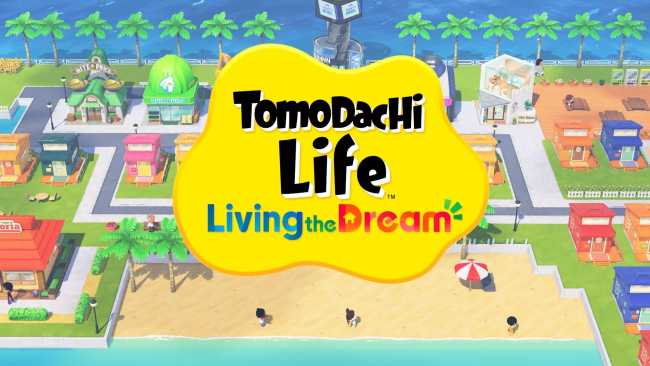"Human touch remains irreplaceable in design”: a day in the life Nolan Cabeje
Ruca's co-founder and head of design discusses the importance of prioritising experience over salary and status.
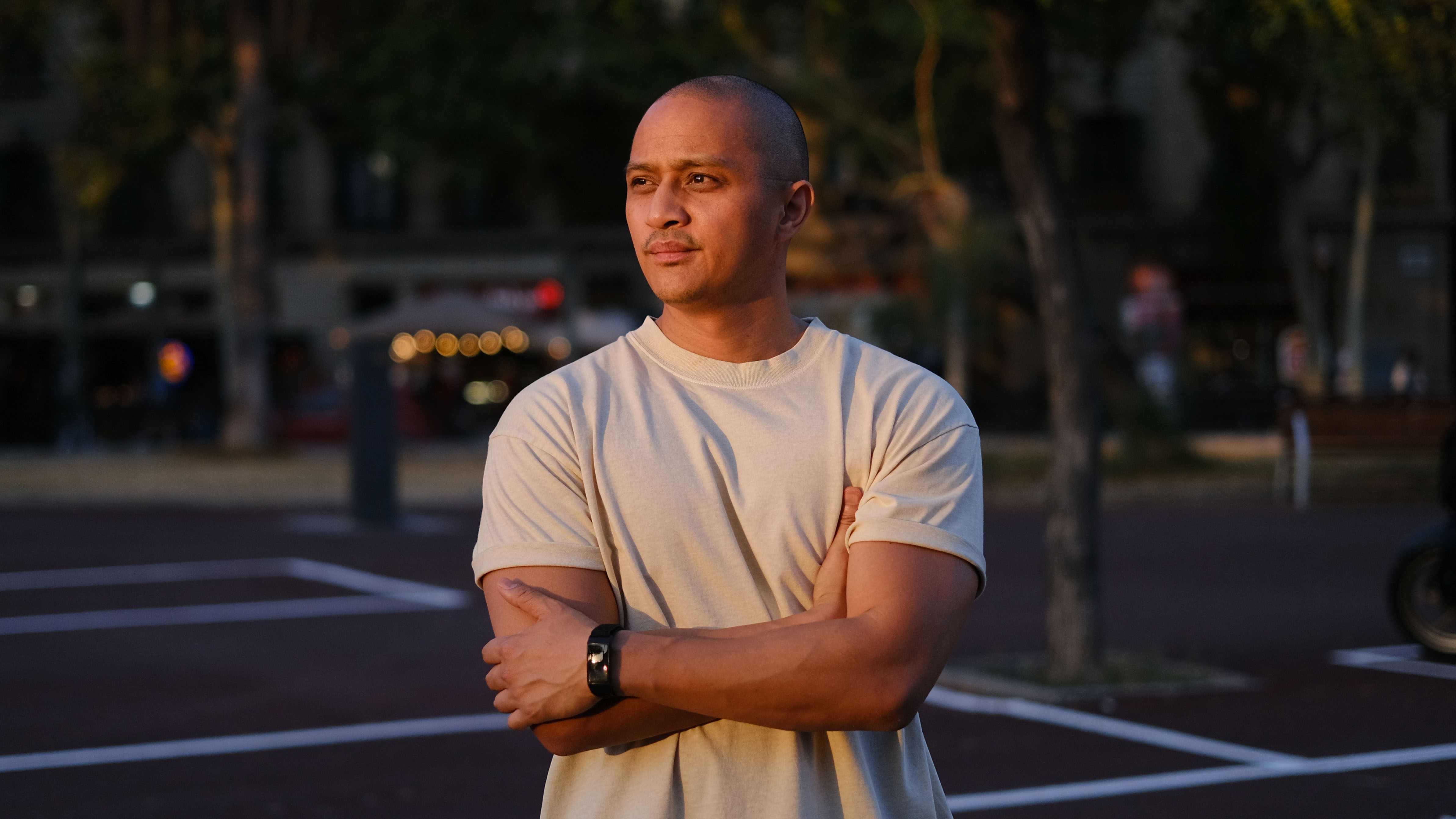
Nolan Cabeje is a multifaceted creative, working as head of design at Ruca and chief design officer at online account management platform, Yorba (both of which he co-founded). His diverse career has seen him filling the role of senior designer at VSA before becoming design lead at Advocate.io, integrating technology to enhance democratic representation.
Shaped by his graphic design degree from Cal Poly Pomona, Nolan's career is guided by his unique focus on "flexibility, collaboration, and a user-centric mindset". As part of our Day in the Life series, we caught up with Nolan to discuss the rise of AI and what the industry needs to improve for a safe and sustainable future.
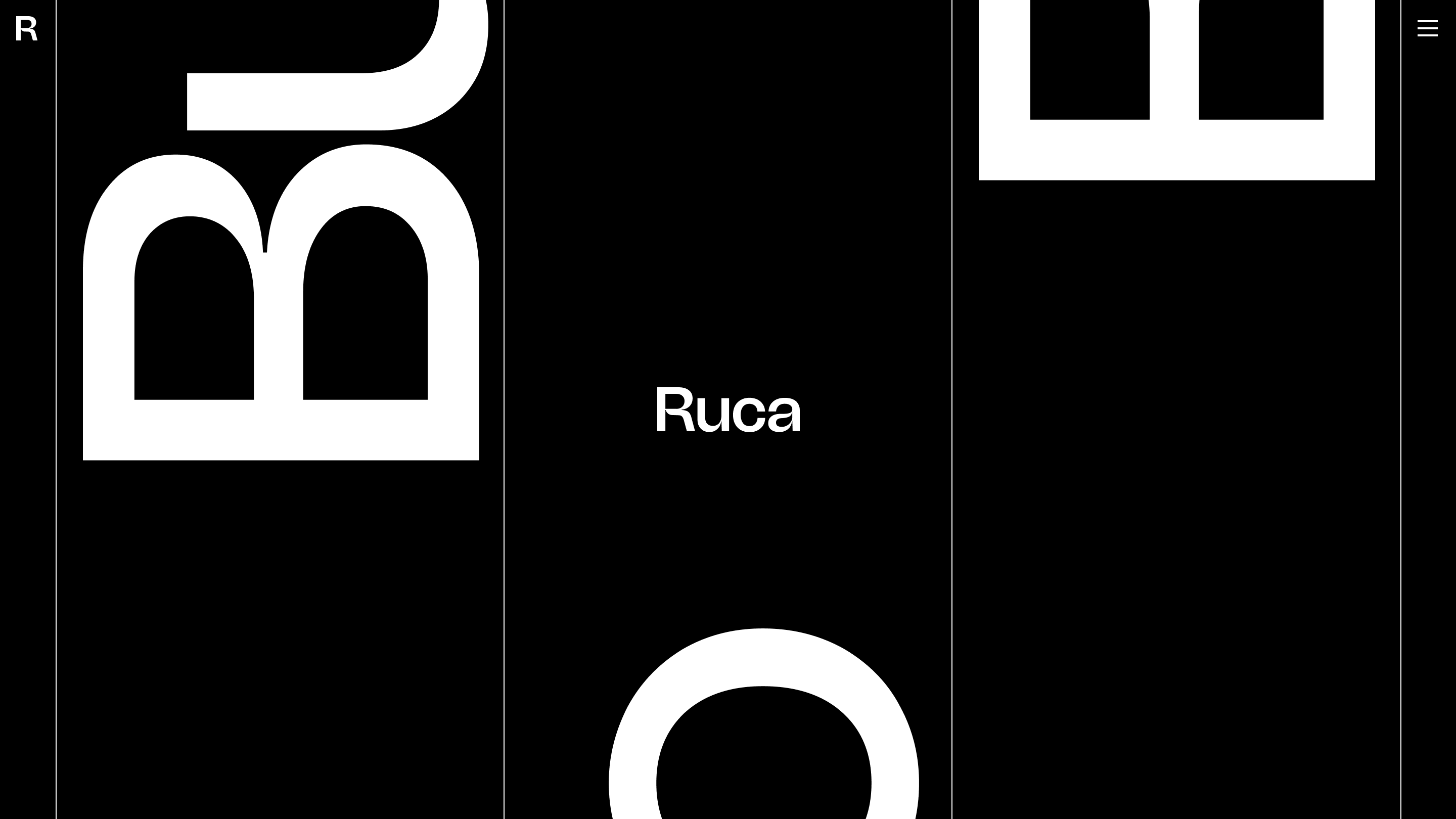
Could you walk me through a typical day in your role?
As Co-Founder of Ruca, a global design cooperative, and Yorba, an online platform designed to declutter people’s online lives, my typical day is quite flexible and can vary a lot. Mornings are my focus time. I’m currently based in Barcelona and often start my day by connecting with our teams in the EU and the Philippine Studio, which works well with the time difference. I mainly keep to New York working hours for our clients, but my schedule can shift.
At Ruca, my role involves overseeing and working closely with our local design studio. I lead our marketing design efforts and take on the design lead role for various services. This includes assisting with resourcing across projects and participating in pitches for new business. I enjoy the diversity of tasks, from hands-on design work to strategic oversight.
For Yorba, I head the design for the product, collaborating closely with our design, development, and marketing teams.
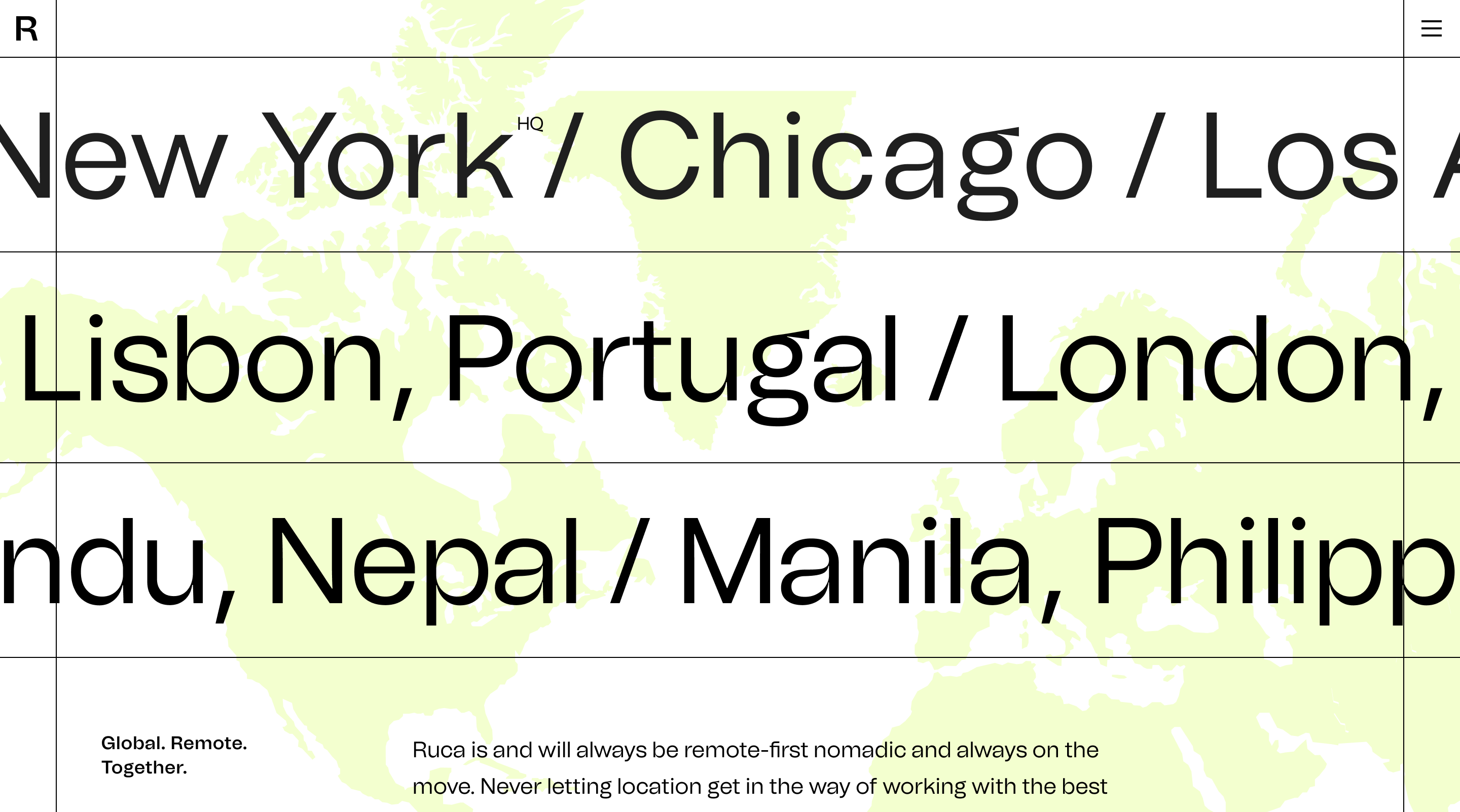
What was your early career like?
My early career was focused on graphic design and brand marketing. Initially, I started as an architecture major at Cal Poly Pomona, but I quickly realized it wasn’t for me. I wanted to work on something where I had more control over the end result, which led me to switch to graphic design. After graduating, my primary objective was to gain as much experience as possible.
I moved to New York, where I began my career in-house for a fashion brand. In this role, I wore many hats, from managing the company’s website to directing photo shoots and designing product packaging. Although it was a highly creative environment, I wanted to find a setting to collaborate with and learn from other designers.
I wanted to find a setting to collaborate with and learn from other designers
I then worked in several design studios and brand agencies, taking on various roles, including Senior Designer at VSA Partners. It was here that my work began to evolve from primarily visual and brand design into more digital, and eventually into product and UX design.
While at VSA, I met Chris Zeunstrom, who would later become my partner in several ventures. Although Chris and I never worked together directly at VSA, we connected over a common desire to build something new and impactful. This shared vision eventually led us to co-found Ruca and later Yorba, where we could apply our combined experiences and passions to create something truly innovative.
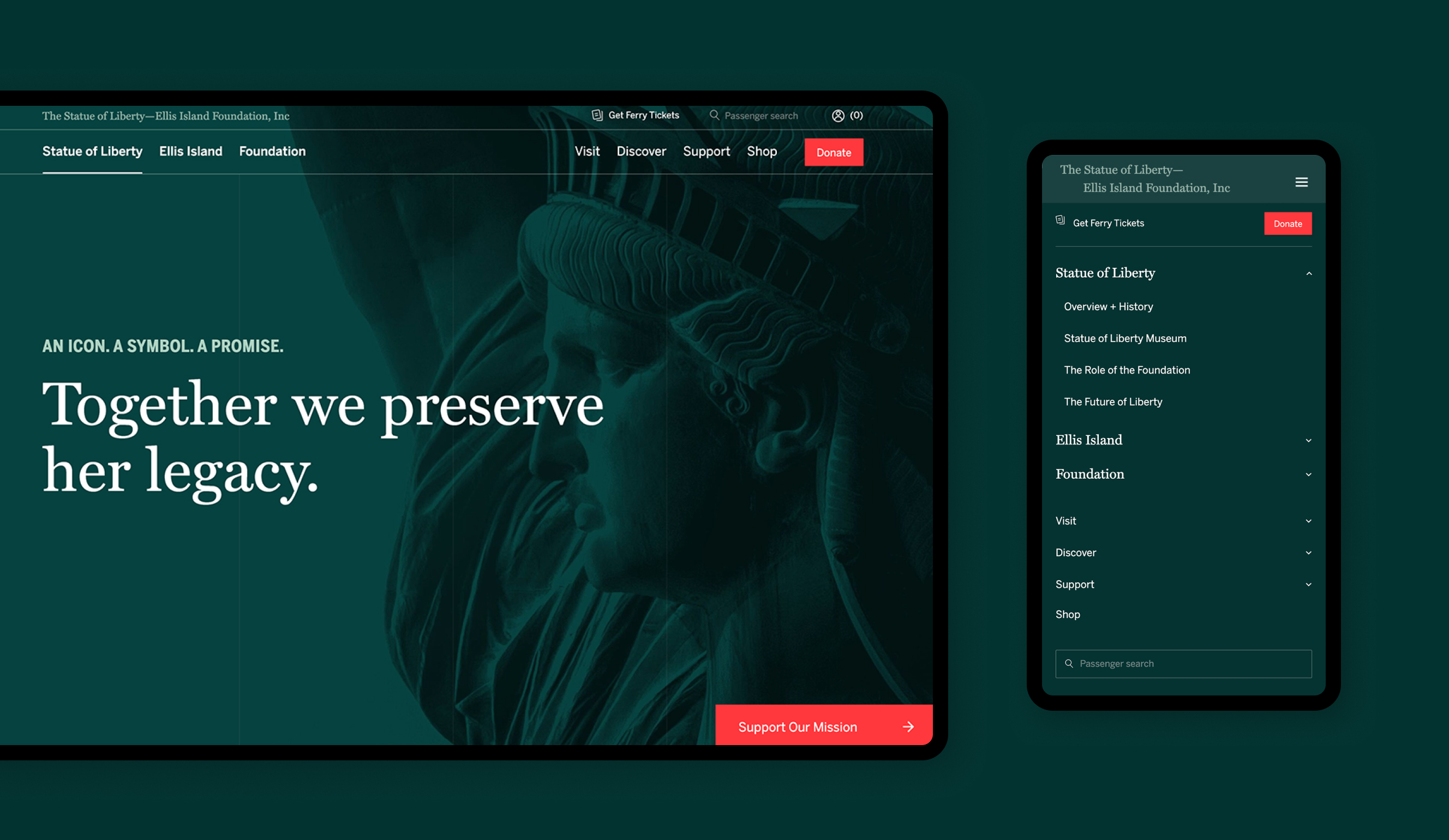
What inspired you to create Ruca?
My varied experiences from small design shops to large agencies allowed me to develop a deep understanding of the design process at scale and, perhaps more importantly, how company culture impacts creativity.
The inspiration behind Ruca came from a desire to create a flexible and collaborative design environment. We wanted to build a remote-first design studio that leveraged our growing network of creators to deliver innovative solutions. Our goal was to break away from traditional structures and get rid of traditional hierarchies. We were motivated to work with clients we wanted to support, on projects that excited us. With that, we wanted to build a company that wouldn’t just help build other brands, but would allow us to build our own products.
Today, Ruca is a full-service design cooperative, that partners with enterprise companies, start-ups, and founders to build products, establish brands, and scale businesses through its global team of over 150 members across 16 countries.
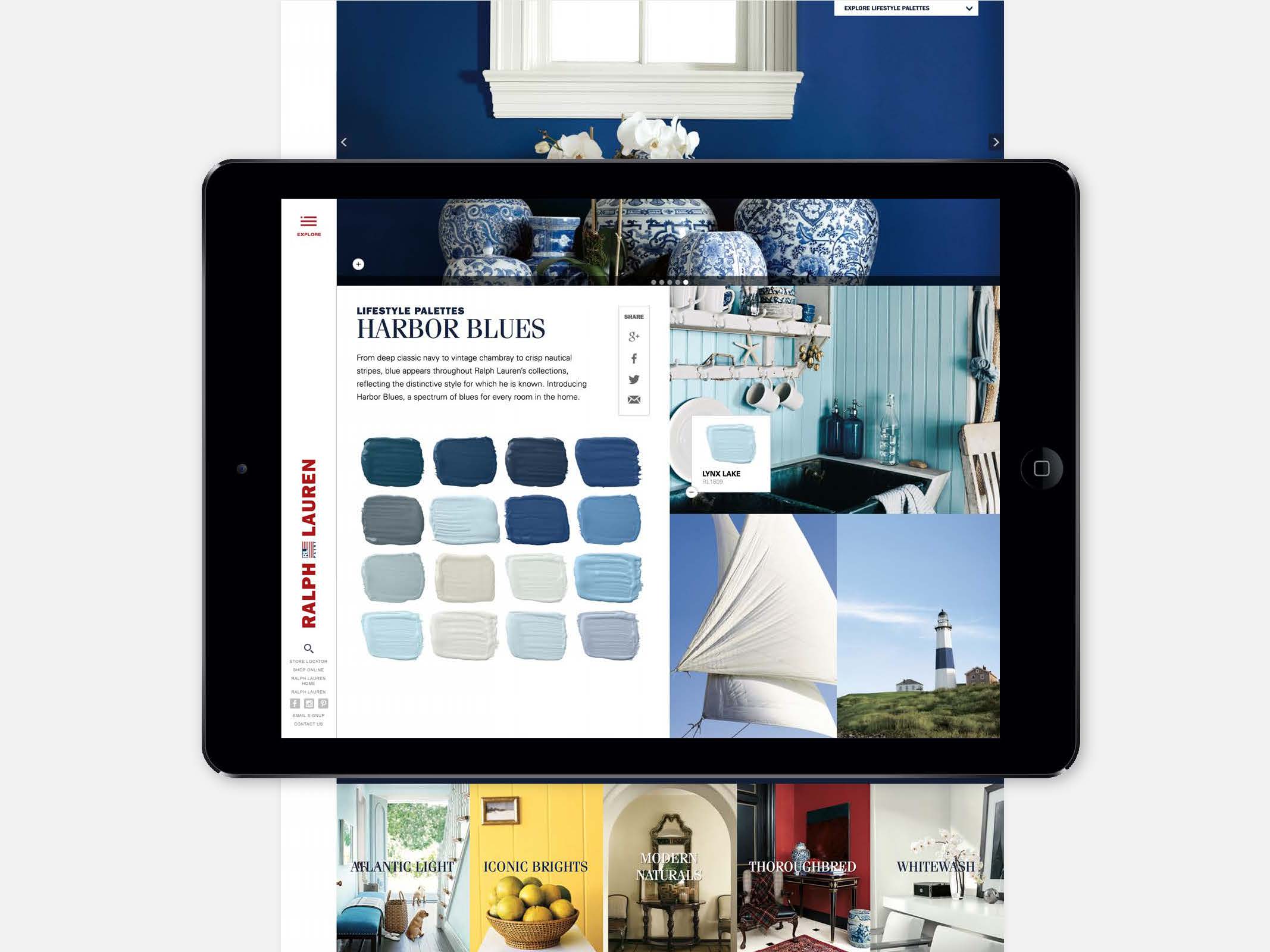
Tell me about a tricky work-related challenge and how you approached it
One of the unique challenges we face at Ruca, being a remote-first design cooperative, is ensuring a high standard of quality while providing flexibility in how our teams work. With designers spread across different time zones and diverse working styles, it’s essential to create a framework that ensures consistency without being overly prescriptive.
Navigating this is an ongoing challenge, but we approach it with a deep commitment to our craft. We obsess over every detail, striving to create memorable experiences through our work. This same care and understanding extend to how we manage our team structure. It’s about setting a standard for quality while allowing teams the freedom to adapt and align with our clients' needs and schedules.
We’ve learned that flexibility doesn’t mean compromising on quality. Instead, it’s about being intentional in our processes and communication. By focusing on the experience we provide to our clients and within our team, we maintain the high standards we’re known for, no matter where our team members are located. This approach ensures we deliver exceptional results while fostering a collaborative and adaptable work environment.
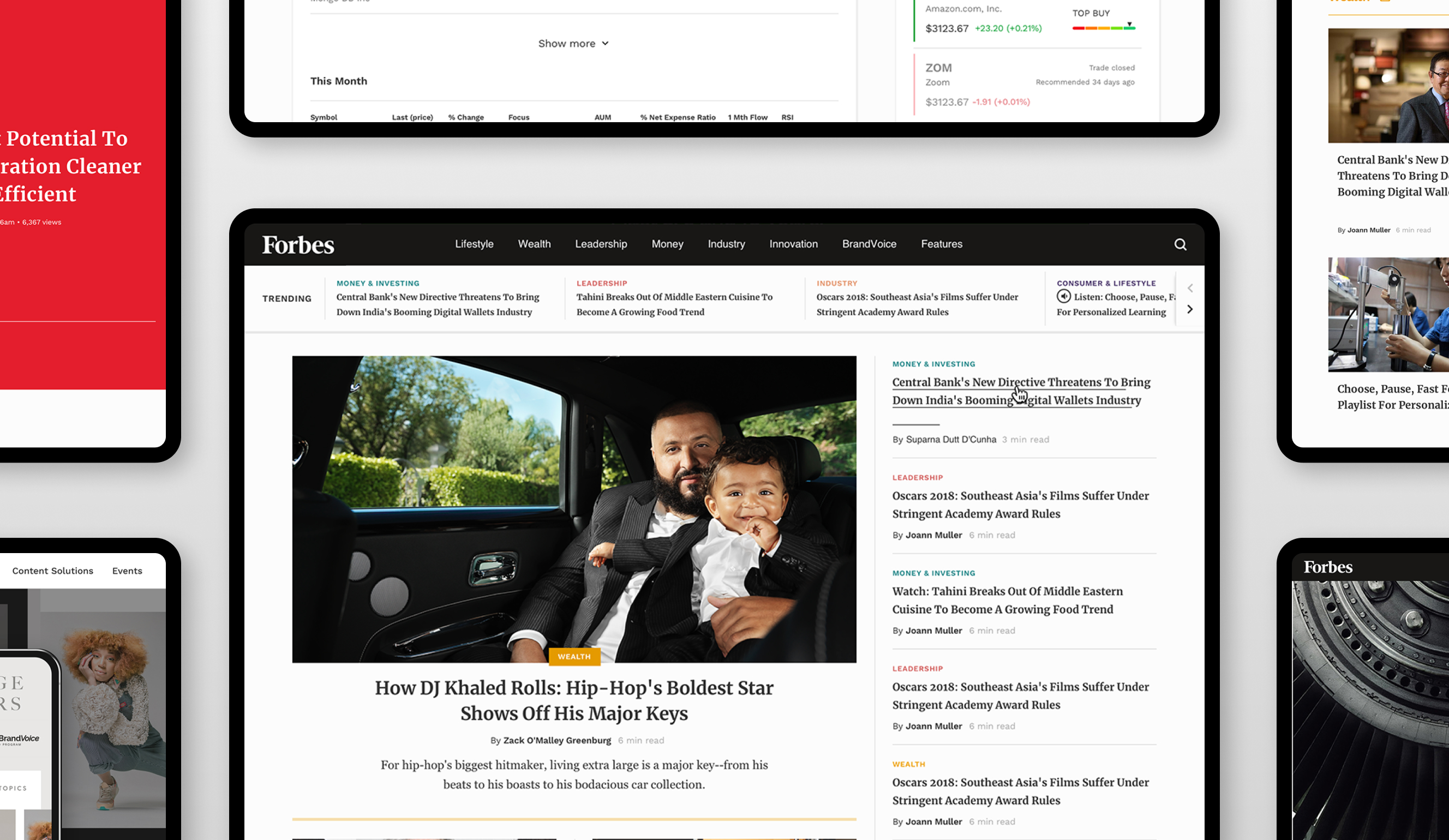
Which project are you most proud of and why?
One project I’m particularly proud of is the creation of Yorba. It's a testament to Ruca’s unique model, which allows us to generate our own capital and build a new product without relying on outside investors.
Yorba was born out of a real yet complex problem: managing and decluttering one's online presence. For someone like me, who has moved around more times than I can count, the trail of accounts I've created and forgotten about is, frankly, embarrassing. My life is segmented into personal, professional, and company phases, each adding to my ever-growing digital footprint.
Flexibility doesn’t mean compromising on quality [...] it’s about being intentional in our processes and communication
Our goal at Yorba is to provide a tool that helps people better understand their digital footprint, manage their online accounts, and delete what they don’t need. This ultimately helps safeguard their personal data online. Out of Yorba, we also created Delete Desk, the largest online directory that helps people delete unwanted accounts easily.
What makes this project special is how it embodies Ruca’s disruptive model and our commitment to solving real-world problems. It’s incredibly rewarding to see how Yorba is helping people take control of their digital lives, providing clarity and security in a cluttered online world.
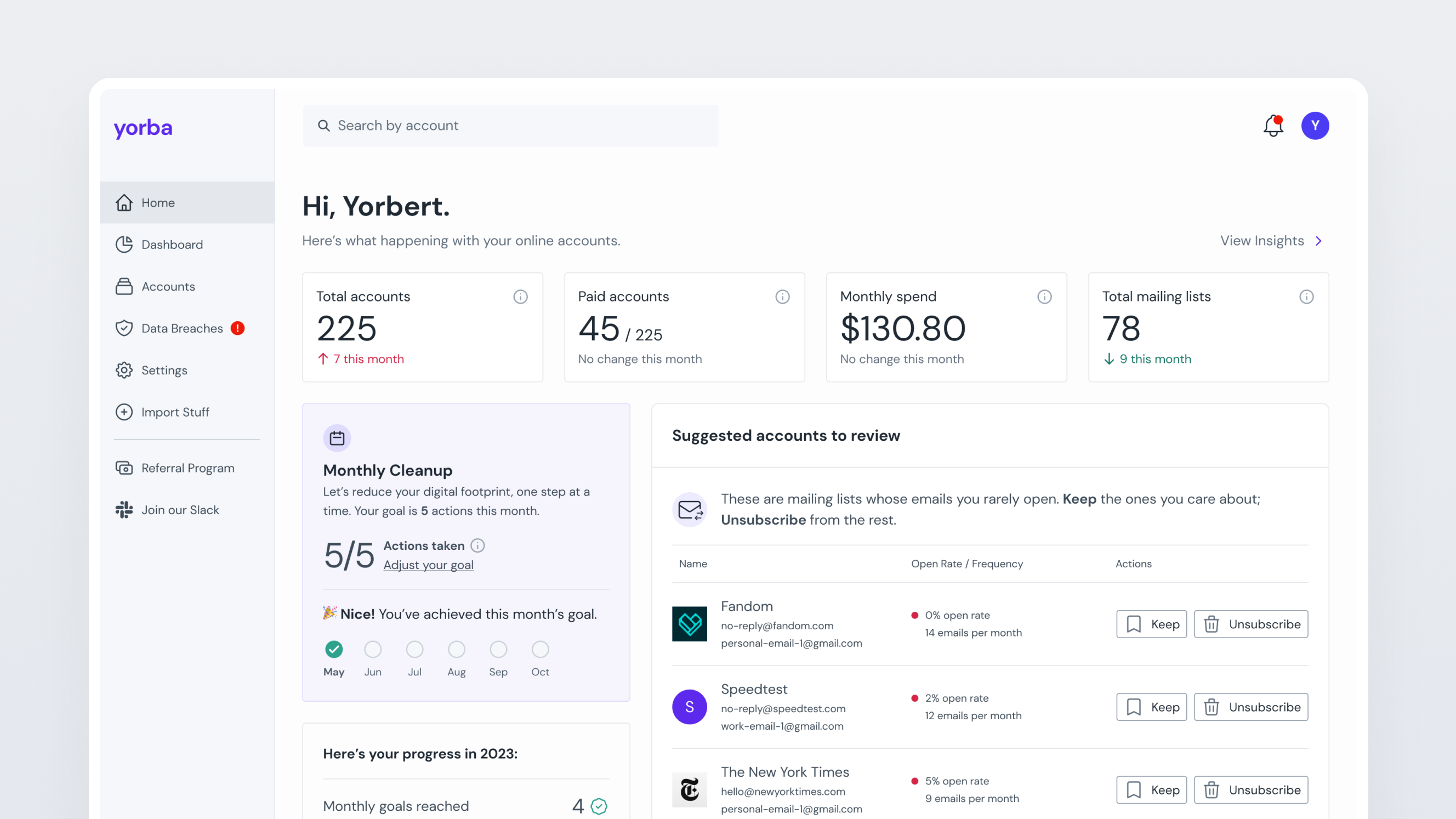
How inclusive is the design industry in 2024?
From my perspective, the design industry has become quite inclusive. One of the most significant shifts is that you can essentially be located anywhere in the world and still contribute meaningfully to design projects. The traditional requirement for a degree has become optional, opening doors for many talented individuals who have honed their skills outside of formal education.
I may be biased, but at Ruca, we’ve embraced this inclusivity wholeheartedly. Our model is built on trust and collaboration. If you’re recommended and trusted by someone in our cooperative, and if you have the skills, you’re welcome to join us. We value talent and teamwork over titles and egos.
At Ruca, we prioritize a collaborative environment where everyone’s input is valued, regardless of their background or location. This approach has not only made us more inclusive but also enriched our work with diverse perspectives and innovative ideas. The design industry in 2024, as I see it, is more open and accessible than ever before, allowing creativity to flourish from every corner of the globe.
What creative tools do you use in your day-to-day?
Gone are the days of doing everything in Photoshop. Figma has taken over as my go-to design tool for its collaborative capabilities and ease of use. However, I still cherish cracking open Illustrator whenever I get the opportunity—it’s great for more detailed vector work.
Beyond design software, I rely on a suite of tools to keep projects and communication running smoothly. Slack is essential for team communication, while Notion and Evernote help me stay organized with notes and project management. Shortcut and JIRA are indispensable for tracking progress and managing tasks, and GSuite is a staple for everything from email to document collaboration.
These tools collectively support our workflow at Ruca, enabling us to maintain efficiency and creativity across our global, remote-first team.
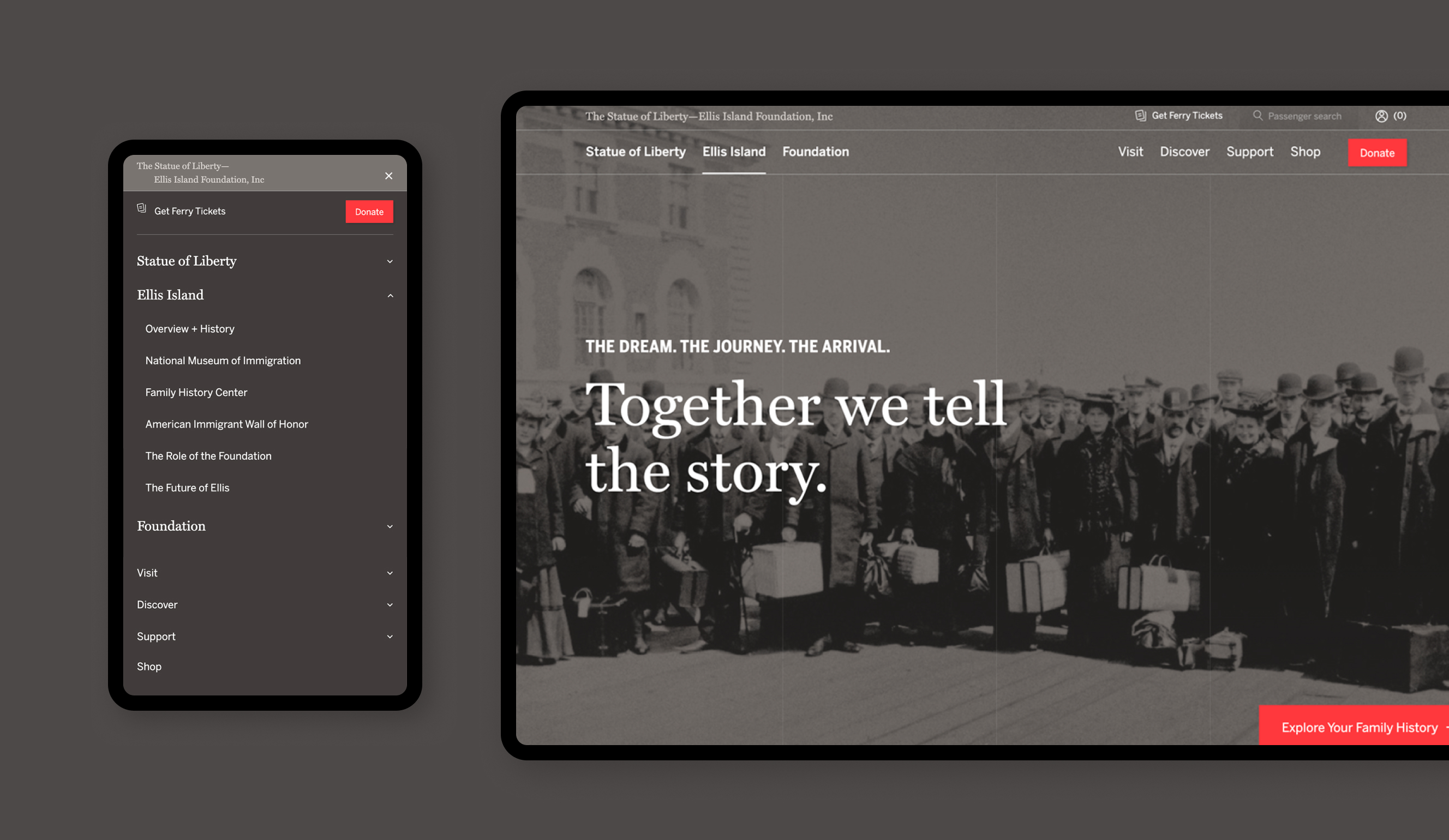
What’s your dream project/client?
My dream project would be one that allows me to incorporate a wide range of design work, blending elements of brand, digital, and product design. I thrive in environments where I can wear multiple hats and leverage my diverse skill set. Ideally, this would be a client who is open to innovation and collaboration, someone who values creativity and is not afraid to push boundaries.
How has the design sphere changed since you started your career?
When I started my career, it was normal to build a website using HTML tables and CSS. The standards and tooling for designers available today continue to impress me. The evolution of these tools has been incredible, offering more capabilities and efficiencies than we could have imagined back then.
I understand the growing concern about how AI will impact our industry. However, I’ve lived through similar phases where designers worried that the latest tool or technology would replace us. But here we are. These AI tools serve as excellent starting points, but that's all they are—starting points. It still takes someone with experience to accept, reject, and build on what’s given.
With the growing adoption of AI and other advanced tools, I believe it will become evident what has ultimately been designed and crafted by humans. Our unique perspective and creativity can’t be replaced. These tools enhance our work, but they don’t define it. The human touch remains irreplaceable in design, and I’m confident that will always be the case.
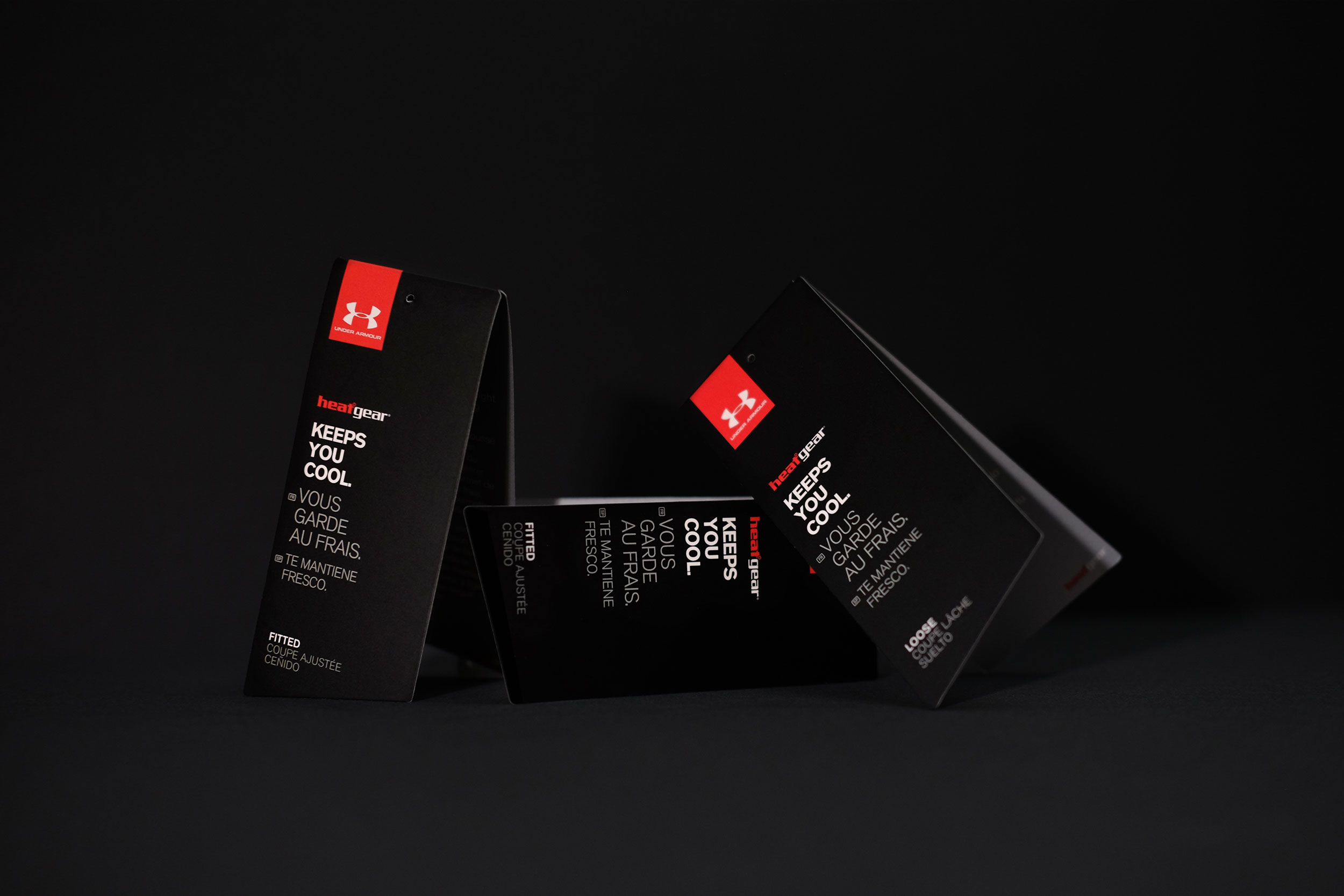
You’ve had a diverse creative career – how has this experience helped to shape where you are today?
My diverse creative career has given me a broad perspective and a deep understanding of different aspects of design. Working in various roles, from brand marketing to UX design, has equipped me with the skills and insights needed to lead innovative projects at Ruca and Yorba. This experience has shaped my approach to design, emphasizing flexibility, collaboration, and a user-centric mindset.
What do you think the design industry needs to improve on?
The design industry has made significant strides in many areas, but there is always room for improvement, especially when it comes to ethical design. We need to consistently consider the greater impact of the things we create and prioritize ethical considerations across all aspects of our work.
One key area is user privacy. Protecting users' personal information should be at the forefront of our design process, ensuring that we are not only compliant with regulations but also respecting users' rights to privacy.
Data security is another critical factor. Designers must ensure responsible data collection that is transparent, consensual, and secure. Users should be fully aware of what data is being collected and how it will be used, and they should have control over their own information.
Sustainability should be a priority. The design industry must take into account the environmental impact of our work
Inclusivity and accessibility are also essential. Our designs should be usable by people of all abilities and backgrounds, promoting inclusivity and ensuring that no one is left behind. This means considering diverse needs and making sure our products are accessible to everyone.
Daily design news, reviews, how-tos and more, as picked by the editors.
Lastly, sustainability should be a priority. The design industry must take into account the environmental impact of our work, striving to create solutions that are sustainable and environmentally friendly.
By focusing on these ethical considerations—user privacy, data security, inclusivity, accessibility, and sustainability—we can create designs that are responsible and respectful to our users and the world we live in.
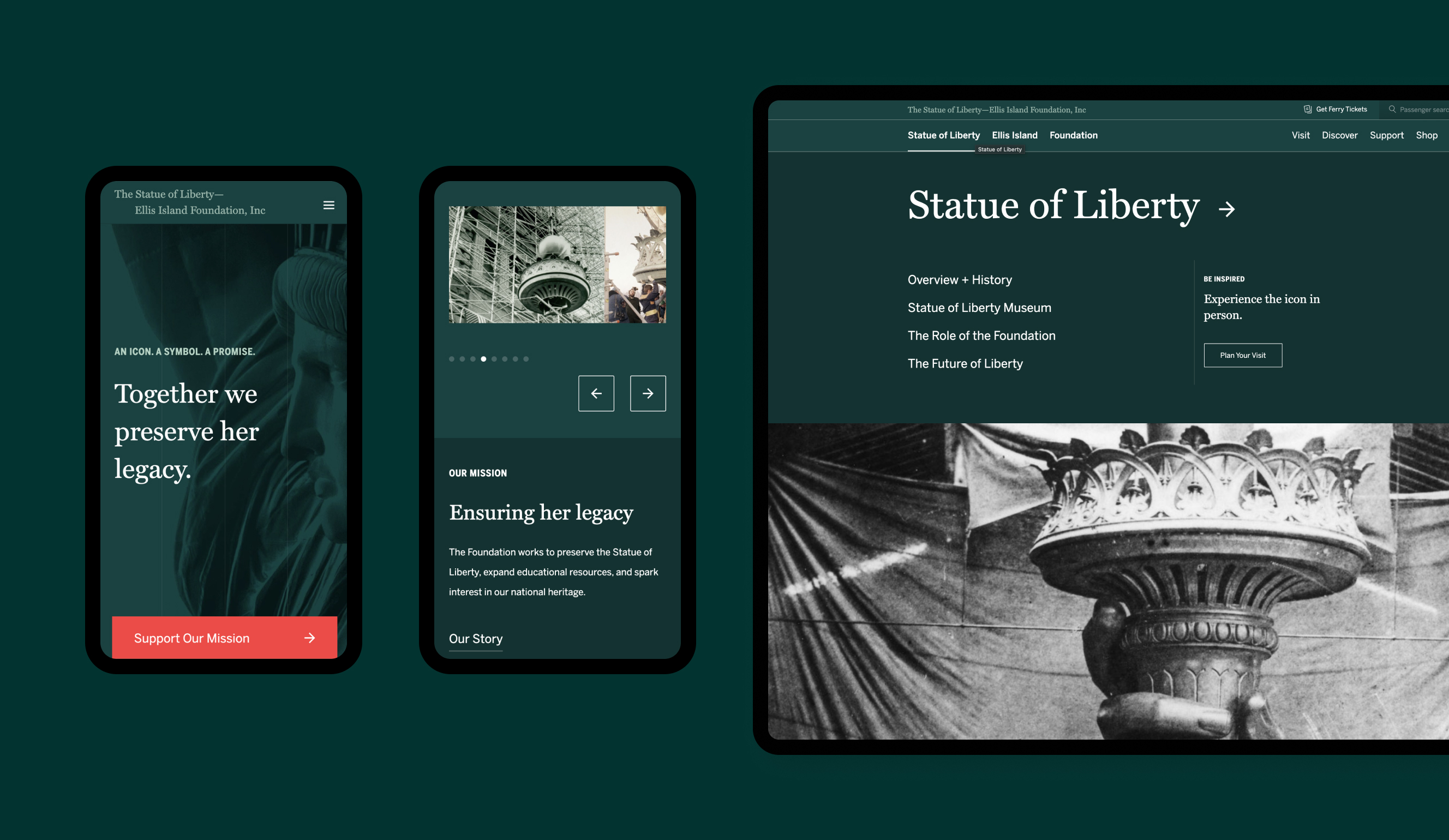
What career advice would you give your younger self?
I would tell my younger self to prioritize experience over career. Focus on where you can learn and grow rather than on salary and title. The skills and knowledge you gain early on will be far more valuable in the long run than the immediate rewards. Build a portfolio you're proud of. Each project you work on is an opportunity to hone your craft and showcase your abilities.
The relationships you build along the way will prove invaluable. Networking and forming connections with colleagues, mentors, and clients can open doors and provide support throughout your career. These relationships often lead to unexpected opportunities and collaborations.
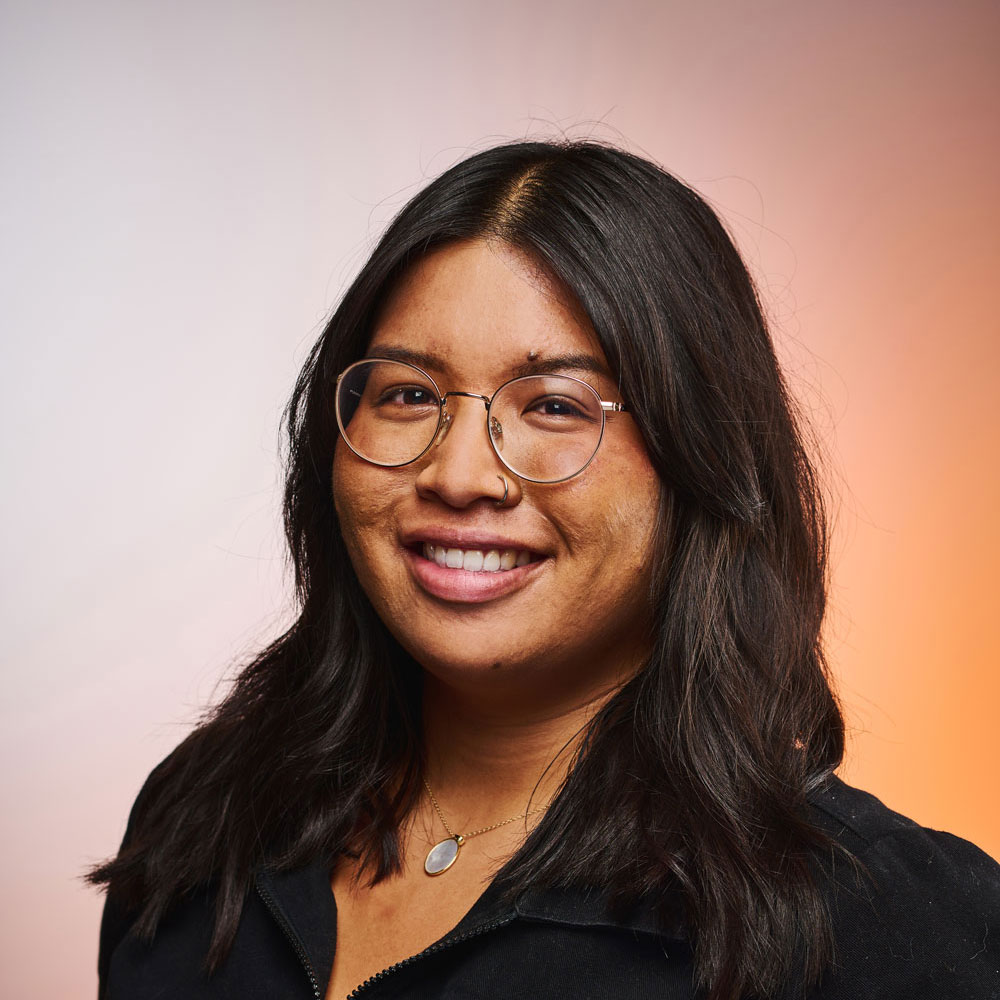
Natalie Fear is Creative Bloq's staff writer. With an eye for trending topics and a passion for internet culture, she brings you the latest in art and design news. Natalie also runs Creative Bloq’s Day in the Life series, spotlighting diverse talent across the creative industries. Outside of work, she loves all things literature and music (although she’s partial to a spot of TikTok brain rot).
